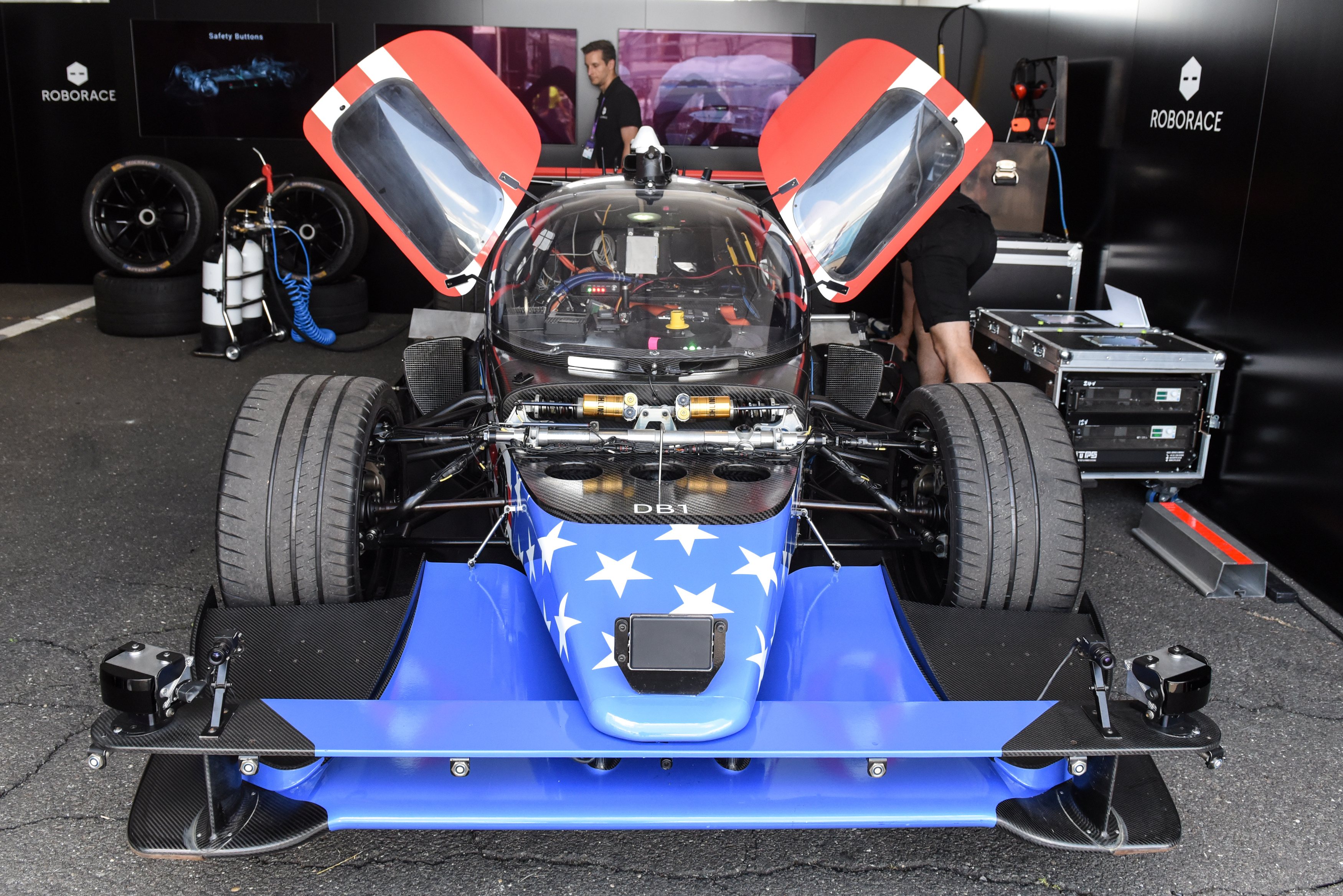Driverless vehicles are on course to transform the future of transportation – a trend motorsport’s premier series will have to address.
copyright by www.reuters.com
 The march of Artificial intelligence (AI) is disrupting industries across all sectors, and so it is inevitable this technology has found its way to one of the world’s foremost proponents of automotive innovation – Formula 1.
The march of Artificial intelligence (AI) is disrupting industries across all sectors, and so it is inevitable this technology has found its way to one of the world’s foremost proponents of automotive innovation – Formula 1.
Renault and Williams are using machine learning and analytics to help them make the best decisions on strategy during races as well as using AI to build their cars. And Honda have turned to IBM’s Watson IoT for Automotive to analyse the hybrid engines they supply to Toro Rosso.
These are still early days for AI and Formula 1, but with car manufacturers already testing autonomous vehicles (AVs) on our roads, the question is whether motorsports’ premier series will eventually take the driverless car route. “The weakest link of any machine operating at high speeds is the human being,” says former Petronas racing team chief engineer Peter Ho. “If you were to make an autonomous racing car driven by AI, you could in theory out-manoeuvre a driver piloting an F1 car.”
Ho – currently founder and CEO of Singapore-based AI engineering firm HOPE Technik – says Formula 1 has thrived since its inception in 1950 by positioning itself at the forefront of automotive innovation.
“F1 is the pinnacle of technology,” he says. “The amount they spend per gram, per cubic centimetre, per minute on technology, I don’t think there are other industries that can come even close to them. But as the development of AVs becomes the new driving force in the automotive industry, can Formula 1 remain relevant without fundamentally changing the way its cars race? Are we likely to see a starting grid of driverless Formula 1 cars in the not too distant future?
Peter Ho has reservations, “There is the issue on how to communicate with an AV race car on track and ask it to stop in an emergency… Humans, fortunately, are able to operate in an unknown environment and make intuitive decisions. That’s where humans still have the edge.” Another obstacle Formula 1 faces along the road to autonomous racing cars is the hardware – the amount of energy required to power AI engines at top racing speeds is enormous. […]
read more – copyright by www.reuters.com
Thank you for reading this post, don't forget to subscribe to our AI NAVIGATOR!


Driverless vehicles are on course to transform the future of transportation – a trend motorsport’s premier series will have to address.
copyright by www.reuters.com
Renault and Williams are using machine learning and analytics to help them make the best decisions on strategy during races as well as using AI to build their cars. And Honda have turned to IBM’s Watson IoT for Automotive to analyse the hybrid engines they supply to Toro Rosso.
These are still early days for AI and Formula 1, but with car manufacturers already testing autonomous vehicles (AVs) on our roads, the question is whether motorsports’ premier series will eventually take the driverless car route. “The weakest link of any machine operating at high speeds is the human being,” says former Petronas racing team chief engineer Peter Ho. “If you were to make an autonomous racing car driven by AI, you could in theory out-manoeuvre a driver piloting an F1 car.”
Ho – currently founder and CEO of Singapore-based AI engineering firm HOPE Technik – says Formula 1 has thrived since its inception in 1950 by positioning itself at the forefront of automotive innovation.
“F1 is the pinnacle of technology,” he says. “The amount they spend per gram, per cubic centimetre, per minute on technology, I don’t think there are other industries that can come even close to them. But as the development of AVs becomes the new driving force in the automotive industry, can Formula 1 remain relevant without fundamentally changing the way its cars race? Are we likely to see a starting grid of driverless Formula 1 cars in the not too distant future?
Peter Ho has reservations, “There is the issue on how to communicate with an AV race car on track and ask it to stop in an emergency… Humans, fortunately, are able to operate in an unknown environment and make intuitive decisions. That’s where humans still have the edge.” Another obstacle Formula 1 faces along the road to autonomous racing cars is the hardware – the amount of energy required to power AI engines at top racing speeds is enormous. […]
read more – copyright by www.reuters.com
Thank you for reading this post, don't forget to subscribe to our AI NAVIGATOR!
Share this: